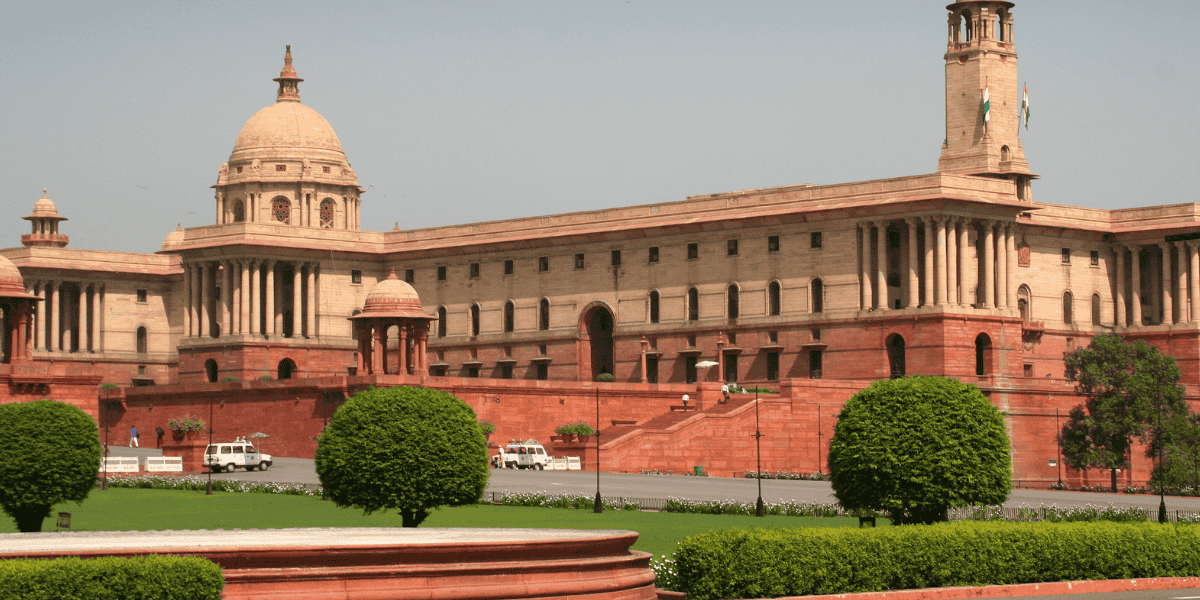India’s Parliament, the Lok Sabha (lower house), passed the Finance (No. 2) Bill 2024 on 7 August 2024. This bill includes a major amendment to the long-term capital gains (LTCG) tax on real estate.
The initial proposal was to reduce the LTCG on real estate to 12.5% without any indexation benefits (adjusted for inflation) compared to the existing rate of 20%, which includes indexation.
The indexation benefit enables taxpayers to determine the property’s cost price by adjusting for inflation, which is required for calculating capital gains for tax purposes.
Finance Minister Nirmala Sitharaman’s new proposed amendment allows taxpayers to choose between a new 12.5% tax rate without adjusting for inflation and the existing 20% rate with an inflation adjustment for properties purchased before 23 July, 2024.
This means real estate assets or immovable properties bought after 23 July, 2024 will be subject to the new capital gains tax rate of 12.5%. Properties are considered long-term when held for at least 24 months.
The amendment was introduced following criticism of the new provision, which was perceived as increasing the tax burden and deterring real estate investments. Furthermore, the previous tax rate was criticised for exacerbating the financial burden on the middle class.
Many tax consultants also criticised the new tax rules, contending that removing inflation indexation would disproportionately impact taxpayers selling older properties acquired at lower prices.
The new tax options are anticipated to relieve taxpayers concerned about rising tax obligations on selling older properties.
Sitharaman also insisted that the proposals in the FY25 Budget are intended to benefit the middle class and promote investment.
“We have heard the public and introduced the tax amendment,” Sitharaman said.
She highlighted that increasing the tax exemption threshold on LTCG from INR 100,000 to INR 125,000 for listed equities and bonds will benefit middle-class investors. In addition, Sitharaman noted the government has implemented measures to streamline the tax system and ease tax compliance procedures without significantly raising taxes.
The Finance Bill 2024 will be presented to the Rajya Sabha (upper house) for consideration on 7 August 2024. The bill is deemed approved if it is not returned within 14 days.
Other Finance Bill 2024 key amendments
Tax deduction at source (TDS) modifications:
Amendments were made to clarify TDS provisions on salary income, ensuring that employers can allow complete credit of TDS to employees when calculating the amount to be deducted at source.
Withdrawal of foreign exchange fluctuation benefit:
The benefit related to foreign exchange fluctuations for non-resident taxpayers on the sale of unlisted shares and securities has been withdrawn, reverting to the pre-amendment status.
Block assessment procedures:
The bill introduces provisions for determining undisclosed income during block assessments based on any material or information available to tax authorities, enhancing the scope for tax authorities to address non-compliance.
Tax compliance and litigation reduction:
The government aims to reduce litigation through measures such as the Vivad se Vishwas Scheme, 2024, which seeks to resolve pending income tax disputes, and by increasing monetary thresholds for filing appeals in various tax tribunals.















